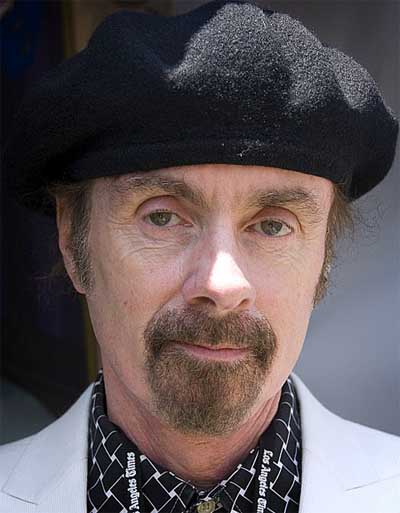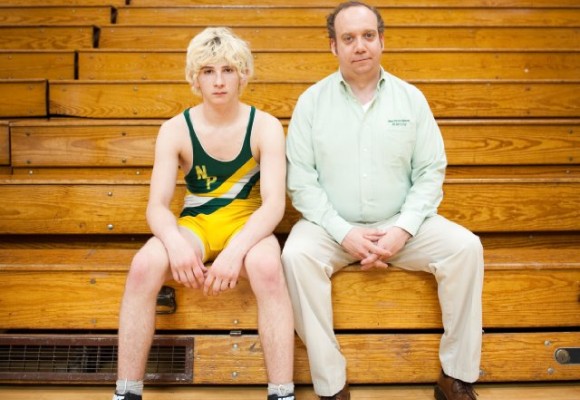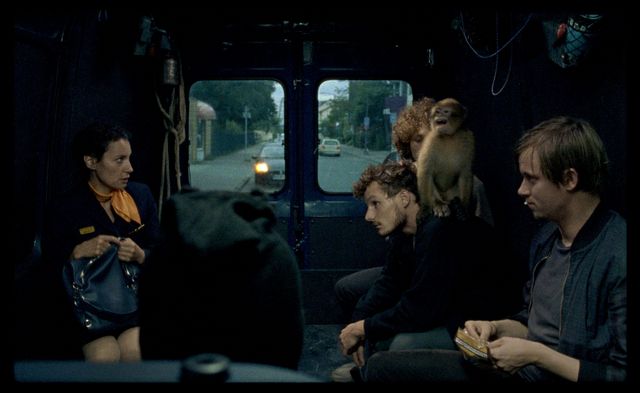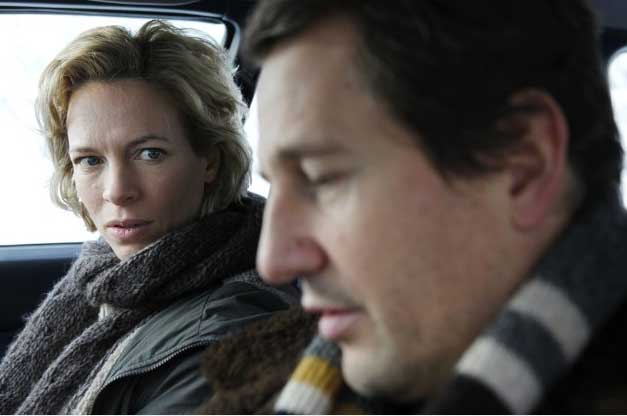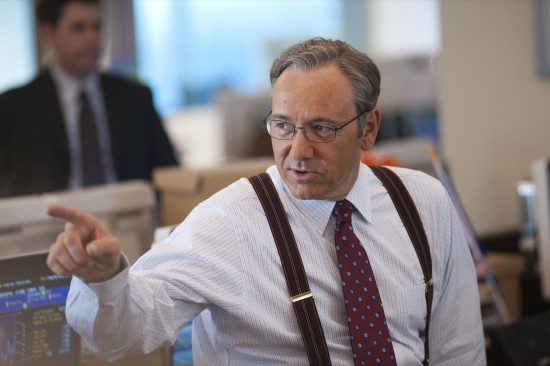TC Boyle appeared on The Bat Segundo Show #385. He is most recently the author of When the Killing’s Done. This is his fourth appearance on the program. He has previously appeared on The Bat Segundo #273, The Bat Segundo Show #70, and The Bat Segundo Show #10.
Listen: Play in new window | Download
Condition of Mr. Segundo: Considering a savage swim to the Channel Islands.
Author: T. Coraghessan Boyle
Subjects Discussed: Whether one can look dapper while being under the weather, Boyle’s powerful immune system, connections between Wild Child‘s stories and When the Killing’s Done, fishing expeditions gone awry, early subconscious efforts to hone the narrative framework, the short story “Anacapa,” “Question 62,” who has the ethical result to control all creatures, details on the next novel San Miguel, the Channel Islands, the bleak winds of San Miguel, straightforward historical narrative vs. exuberant adventure, Boyle’s prodigious description of hair, folk singers and massive hair, writing about women, Ruth Dershowitz in East is East and Dana in Talk Talk, basing When the Killing’s Done on news accounts without meeting anybody involved, Dave LaJoy and megalomaniacs, readers who take hard sides in response to the book, whether the portrayal of an exuberant megalomaniac causes an unintended ideological tilt, sympathizing with an animal rights activist, not being able to look at the PETA slaughterhouse videos, Diane Johnson’s essay in the New York Review of Books, whether Boyle’s sense of the ridiculous overcomes moments of gravity, the role of literature within Killing, Madame Bovary “in the Jean Renoir original,” Island of the Blue Dolphins, Boyle’s pessimism, being thrust into the lap of the existentialists, Jeffrey Dahmer, the comforts of irrelevance, Flannery O’Connor’s “A Good Man is Hard to Find,” spirituality, feeling the pulse of nature and being humbled by it, Boyle’s pilgrimages, blocking out terrible news, the role of art in a nihilistic viewpoint, the geography of Santa Cruz and Anacapa, Boyle’s mother-in-law, the degree of geographical exploration required for Drop City and When the Killing’s Done, the Judas pig, Tom Wolfe’s journalistic approach to novel writing, passages written by “Boyle the historian,” being in the clear when using real people for fiction, when fiction is more real than reality, riffing on history, Home Depot as “the loneliest place in the world,” not having material goods, and escaping to the mountain.
EXCERPTS FROM SHOW:
Correspondent: I wanted to remark upon a recent essay by Diane Johnson in The New York Review of Books. I’m sure you’ve probably seen it by now.
Boyle: Yes, I have.
Correspondent: She wrote something that I happen to agree with. “Because his sense of the ridiculous usually overcomes his moments of gravity, he rarely departs from a comic mode that precludes tears even in the most tragic circumstances.” I think that this is a fair point, especially in this book. But if your book is informed with this sense of the ridiculousness, I’m wondering if this is going to impede upon writing in more serious or greater turf.
Boyle: It might. Which is precisely why I’m doing a non-comic straightforward historical narrative right now. Just to see how that might be and what might happen. Don’t forget. I’m the guy who wrote Water Music as my first novel, which turned the historical novel on its head and subverted and pulled the rug out and nudged you constantly about the unreliability of fiction and of history too. Now I am trying to write something without any irony or any comedy. Straightforward drama. Straightforward realism. Just because I’ve never done it before. I’ve done it in short stories. But I’ve never done it at length. And I found this wonderful story, a historical story, which I’m telling as best I can. We shall see what the results are. In fact, if we’re very lucky, you and I will be sitting here in three years discussing that one. And we’ll find out. (laughs)
Correspondent: Well, maybe we will. But I want to see if we can get to When the Killing’s Done and this problem of adopting the comic exuberant tone. I think this book does really present some very important issues, which we were getting to earlier, about how does humanity play god in the animal kingdom. I mean, this is a very serious topic. And the comedy is almost a mask over something which is — well, if you think about it from either side — really depressing. So I’m wondering if, in not permitting us to share tears (as Diane Johnson believes), it almost trivializes the issue to some degree. Does it present a problem? Or is your strategy more laying a few comic exuberant bombs to blow up in the reader’s head in about a week or so?
Boyle: Wow. Neither of the above. I’ll go for Choice C. I don’t see this as necessarily a comic novel. Certainly there are many varieties of comedy, of course. And I’ve used every possible mode I can think of. This has its moments, of course. And I think it allows the reader to stand back at times and view the characters with some kind of ironic detachment perhaps. But I don’t see this as essentially a comic novel. I see this as a dramatic novel. And further — and we’ve talked about this in the past — I often find that using the comic mode can be more emotionally wrenching then writing a straightforward drama. Because it subverts your expectations. And in this one. Well, look at the ending to this book. It should punch you right in the heart. I hope it does.
Correspondent: But I don’t know. From my standpoint, it read very much like a comic novel. To me. Particularly every time LaJoy came up. I mean, this guy is such a hilarious…
Boyle: Because he’s exaggerated to a degree. And yet, and yet, he’s also real. And I wouldn’t want to say, as I said earlier, that he represents a large part of me. But certainly that part is there. And certainly, Ed, we are both of us pretty much perfect and beautifully emotionally adjusted. But a lot of people out there are not. There are a lot of people out thee who make LaJoy look calm.
Correspondent: Do you have anything that you feel optimistic or joyful about?
Boyle: No.
Correspondent: No? Nothing optimistic?
Boyle: No. Since I discovered death at a very young age, it has obsessed me. And the whole purpose of our endeavors obsesses me. And in a larger scale, of course, our human endeavors on the planet, which will of course be burned to a cinder in there and a half billion years anyway. So what does anything matter? Etcetera. As I probably have said to you before, you know, I went from a Roman Catholic boy with god and his heaven and Santa Claus at the age of eleven or twelve or whatever, realizing that it’s all completely phony and it’s just some myth that we’ve been fed to prevent us from committing suicide at a young age. And within three or four years of that, I was thrust into the lap of the existentialists. And I’ve never come back.
Correspondent: Then is work really the only way, the only reason to stay alive?
Boyle: All work is irrelevant. Everything is irrelevant. Our conversation is irrelevant. Literature is irrelevant. Films, love, everything is utterly irrelevant in the face of utter meaninglessness and death. That’s what we live with. Everybody lives with every minute of every day. On the other hand, if you’re not going to shoot yourself tonight, do what satisfies you. What satisfies me is making literature and then sitting here with you talking about it. And also I have honor. I really believe in the power of literature and I like to promote it. I’ve never cheated anybody or hurt anybody — you know, that sort of thing. And that’s simply because that’s my own code. It doesn’t make me any worse than Jeffrey Dahmer, for instance.
Correspondent: Who’s dead.
Boyle: It’s just my point of existence.
(Image: Mark Coggins)
The Bat Segundo Show #385: TC Boyle IV (Download MP3)
